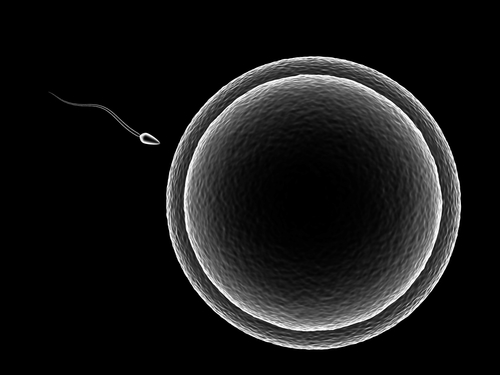More young women are freezing their eggs: Volkskrant

More women in the Netherlands are freezing their eggs, not because they want to postpone pregnancy but – often – for lack of a suitable partner, the Volkskrant has found.
Amsterdam’s university medical centre reported a 25% increase over two years in the number of women freezing their eggs, while their number doubled at Erasmus MC in Rotterdam. Fertility clinic MC Kinderwens retrieved the eggs of some 440 women last year compared to 150 in 2021. At the moment, some 34,000 eggs from 2,200 women are held by clinics.
The popularity of the procedure is causing longer waiting lists. In Leiderdorp the average waiting time is 15 months and Amsterdam UMC recently opened a second location to shrink waiting times from two years to four months. In Utrecht, clinics have had to turn new patients away.
Egg freezing is entering the mainstream, the paper suggests, with social media leading the way. The paper counted 84,000 Instagram posts alone on the subject.
Some companies, including Google, McKinsey and LinkedIn, also offer women to pay to freeze their eggs as part of their contract. The procedure costs some €3,700 per cycle.
According to gynecologist Mariëtte Goddijn, egg-freezing is not a whim from career women with too much money, although most have well-paying careers, but the lack of a partner to share a child with.
“Most women do not come here because they want to but because they are afraid that at some point I will have to tell them they are too late,” Joop Laven of Erasmus MC told the paper.
“Their biological clock is not chiming with how their lives are going. They want to buy time, stop the clock,” Sabra Dahhan of UMC Utrecht said.
According to reproductive sociologist Lucy van de Wiel, young people’s lives have become less “secure”. “They are studying longer, they leave home later, they often have temporary contracts, they rent because they can’t afford to buy. And then they have a temporary partner who may say after a year or two he’s found someone nicer he’d rather be with,” she said.
Statistics agency confirms the shift in life milestones. At the beginning of the century, 60% of people in their 20s lived with a partner. That has dropped to 30%.
People are more likely to have a permanent job than they used to be. Some 60% of 28-year-olds owned a house in 2008, now buyers in that age group have fallen below 50%. Women are also having children later. In 2019, the average age topped 30 for the first time.
Amsterdam-based corporate lawyer Adinda Karperien (34) turned to a fertility clinic to freeze her eggs when her partner of eight years suddenly announced he was leaving her. “I was 32 and had to start over. I knew that it could take years to build up another relationship and take the step of having children. Meanwhile my chances of conceiving would go down,” she told the paper.
Thank you for donating to DutchNews.nl.
We could not provide the Dutch News service, and keep it free of charge, without the generous support of our readers. Your donations allow us to report on issues you tell us matter, and provide you with a summary of the most important Dutch news each day.
Make a donation